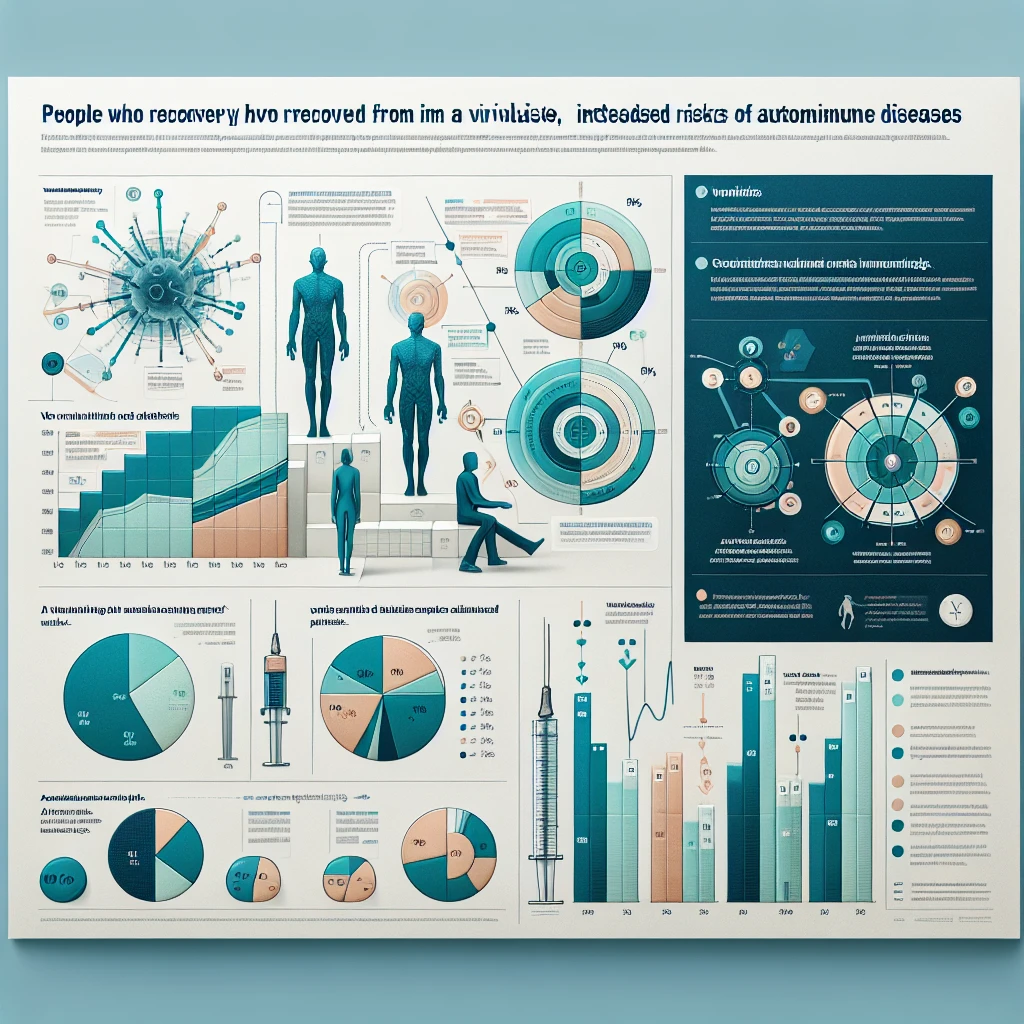Real Estate
Higher Insurance Premiums Threaten Subsidized Housing - Marketplace
By Domingo Rolfson
July 3, 2024

Climate change is not only a global environmental issue but has now become an economic problem that is impacting the housing insurance market. Rising premiums and major insurers retreating from certain markets, such as California and Louisiana, have left homeowners in these regions grappling with skyrocketing costs. This trend has significantly affected a particularly vulnerable segment of the housing market: subsidized, nonprofit housing for low-income individuals.
The Gulf Coast Housing Partnership, based in New Orleans, provides rental accommodations to 2,500 low-income families across hurricane-prone states like Texas and Alabama. CEO Kathy Laborde reveals that just some years ago she was paying insurance premiums ranging between $300 and $500 per unit. Now, this figure has dramatically risen to around $1,800 to $2,400 per unit.
Given that her organization operates government-subsidized housing units, she cannot increase rents to compensate for these price hikes; most tenants would be unable to afford it anyway. As a temporary measure, the nonprofit agency is using funds from other areas of its budget in order to offset these increased costs.
It's not merely a regional problem confined within the Gulf Coast area either; recent national surveys show nearly one-third of affordable housing providers reporting year-on-year premium increases of at least 25%.
David Dworkin, CEO of the National Housing Conference, notes how escalating insurance costs are making it harder even to create new affordable homes. "The higher the insurance cost on a new development," he explains, "the more subsidy needs go into that deal." Consequently, there’s less funding available for additional units, ultimately leading to fewer affordable homes overall.
To address this growing crisis, advocates are urging state lawmakers and Congress members alike to take steps aimed at easing the soaring insurance expenses associated with low-cost accommodation provision schemes nationwide.
Los Angeles-based Abode Communities' CEO Holly Benson said she's exploring group self-insurance options, which, while still costly, may provide some relief amidst their current financial squeeze. Their annual premiums shot up by 300% this year alone. She warns, "If we continue to go down this path, we are not going to be able to hold on to some of these projects." This could result in low-income tenants being forced out and having to find other affordable housing options within Los Angeles.
The escalating insurance premiums due to climate change are a serious issue that needs immediate attention. Not only is it jeopardizing the ability of nonprofit organizations like the Gulf Coast Housing Partnership and Abode Communities to provide affordable homes, but it's also threatening the livelihoods of low-income families who rely on these housing schemes. A collective effort from Congress, state lawmakers, insurance companies, and nonprofits is required now more than ever before in order to ensure every individual has access to safe, secure shelter, regardless of their income level or the region they reside in.
LATEST ARTICLES IN Real Estate
Luxury Homes Make Up 41% of India's H1 2024 Sales.
Ireland's Annual Need: 44,000 New Homes for Growing Population.
Cedar Falls Residents Divided Over Sewer Extension Plan.
Housing Market Downturn Signals Economic Trouble.
Join Our Newsletter
Popular Articles
-

Mar 13, 2024
Anyone But You - A Romantic Comedy Surprise of 2023 -

Feb 01, 2024
AI Company About to Revolutionize the Medical Space? -

Mar 20, 2024
COVID-19 Survivors at Risk for Autoimmune Diseases -

Jan 27, 2024
Get Rich in a Year with These 3 Coins!




